If the idea of using today’s data to solve tomorrow’s problems excites you, you’d love CS Ops, says Tony Macias in this installment of our CS Ops Interview series.
Tony previously worked as the Customer Success Strategy & Analytics Manager at Zoom and the CS Business Ops Manager at Salsify. In his current consulting role, he helps fast-growing organizations build robust processes and procedures that can help them scale quickly and efficiently.
We particularly love Tony’s take on CS Ops: Think of it as the ‘Customer Success for Customer Success’. There’s a lot more we loved about our conversation with Tony. We’re sure you will, too.
. . .
How did you start your CS Ops journey?
I started at Zoom in 2017 in a Sales Ops capacity. I was involved in revenue planning, thinking about our goals for the future years, hiring for sales, and answering questions like how many sales folks we needed to hire, what the geographies and industries were, and how to tie a board-given revenue plan to an executable plan for us.
I had a few opportunities to be plugged into special areas and projects. And it was because the company has grown so fast that we just needed ambitious people to tackle problems. And so, I would go and try new things.
Over time, we also identified that we were making a lot of investment in our Sales Ops or Rev Planning group, but our CS group was somewhat underserved. And so they were looking for someone with that analytical brain who can take big pieces of data and condense them into actual strategy. And that’s when I came into the group.
I was Customer Success Ops Person No. 3 and was the right-hand man to the Head of CS Ops. Previously, that leader was creating a strategy based on our frontline conversations with the customers and managers. And so I was roped in to use the data from Salesforce, Totango, and other data repositories to make better decisions. That proved to be a valuable mechanism. And then we started building a team after that.
How has your view on CS Ops changed now that you are in the thick of things?
I think, especially in the tech world, we're so revenue-focused. We dump a lot of money, resources, and enablement software to get the sales team as efficient as possible. But the backend is where you turn a business transaction into a customer partnership to tackle future business problems. That’s the beginning of the relationship where both parties keep coming back year after year, making companies like Zoom popular.
Much of Zoom’s success was because of companies telling other companies to get Zoom. It was less about the big marketing campaigns and advertisements. It's about taking care of customers and prioritizing them initially.
Once exposed to the Customer Ops side, I realized there's so much value here–from even the idea of brand recognition to building a relationship or collaborating and partnering with your customers. Those relationships are so important to the success of your company.
Revenue teams need to consider making those customer-supporting teams as efficient as possible and setting them up for success. Those are the people that are going to help you sell more, have a stable line of recurring revenue, and help you upsell.
How do you start building a CS Ops function?
Ultimately, when you put in some more operations, you will start with a certain number of process improvements and procedures.
You’ll start seeing similar problems and challenges. So it comes down to these questions:
- How do we create the documentation for teams instead of triaging problems one-off?
- How do we create the processes and procedures to solve those problems ahead of time for a wider group of people in a repeatable manner?
It's the operations people who will lay the framework. So you can build out capabilities in two ways: you can build that capability through software, or you can enable your current teams.
And so you have to ensure that you get every CSM from good to excellent. It comes down to these questions: What KPIs do we want to measure? What are the daily procedures – talk tracks/activities/planning/research/business reviews? What are the daily habits that excellent CSMs do, and what are the ones that good CSMs do?
What skills do you look for when hiring for CS Ops roles? What are non-negotiables? What are things people can learn on the job?
First and foremost, it's essential to have a diverse team–diverse in background and thought. You will miss much of the big picture if you just have a bunch of data controllers.
One thing I've noticed is that our CS leaders are customer-focused and have great interpersonal skills, but reading charts or digging into data is not their strongest suit.
So I always look for people who have strong interpersonal skills, understand the customer journey, and can explain complex things very easily.
If you get lost in the details, and are not able to simplify complex and dynamic data, then your direct CS leadership stakeholders will be unable to go on the analytics journey with you. The smartest people I know are the ones who are the best at explaining complex ideas in an easy-to-understand format.
It's important to have great interpersonal communication skills. When I look for somebody, I just look for hard work and grit. You can teach anybody anything–whether it is an INDEX function, how to build a customer journey roadmap or building that mass communication for customers. But you can’t make people learn good attitude and work ethic. And those two things will overcome anything.
If you have a positive attitude, can work hard, pay attention to details, and manage projects–think through the beginning and the end, and create steps in the middle to achieve a goal–you'd be a great fit for CS Ops.
Can people who do not have a CS background thrive in CS Ops? What can they do to bridge any gaps? And what can people do to prepare before applying for a CS Ops role?
I didn't have a background in CS. I came from a finance background, and then I was also working in Revenue Planning/Sales Ops side. But curiosity is a great advantage in this role.
And I was curious about our post-sale motion; I knew I could make a positive impact–because I could think through the strategy, connecting the daily challenges with the big-picture initiatives. The way you build strategy and the mechanisms to achieve a goal are the same, no matter what industry you're in.
But you need the people to apply those strategies to an area that has been overlooked. And CS Ops is overlooked.
I would not tell anybody to shy away from a CS Ops role if they've never had one.
I always say this, which is written in my LinkedIn profile – I am Customer Success to our Customer Success people. Our CS team works directly with our customers, collaborating to build a partnership and provide solutions. And so I do the same thing with my CS leaders – we collaborate, build success metrics, and identify what success looks like. And then we create an awesome relationship. So anyone who can create positive relationships and work cross-functionally with different stakeholders could be in CS Ops.
You mentioned success metrics. Do you have success metrics for CS Ops as a function?
That's a good question. So we have metrics to track all post-sale activities, whether support tickets, the number of business review meetings by a CSM, the cost of acquisition for customers, retention rates, churn rates, and the main stuff.
So I've done a lot of KPI dashboarding to build out those metrics for, say, the Head of Customer Experience. However, I've never created a metric that measures the success of CS Ops.
But I'm very intrigued by the idea: The challenges for CS Ops change so much, and they differ from company to company. It'd be hard to have standard CS Ops metrics.
At what CS team size or revenue mark should a company think about putting together a CS Ops function?
I would say – if you have 10 CSMs or more, you probably need a CS Ops function inevitably. A CSM can only handle so many systems, issues, or projects.
A CSM or even a CS Director will be charged with the day-to-day, helping those CSMs be more successful with their customers. A lot of areas end up getting ignored as a result. There isn't a perfect answer, but the longer you wait, the harder it will be.
You must do several things at once: add new capabilities, enhance your existing capabilities, manage complexity, and make time for innovation, experimentation, unplanned work, or interruptions.
So if you don't do all those things together and you only add new capabilities, all those problems don't go away, they just magnify as the company gets bigger.
What's the ideal organization/structure of a CS Ops team?
- You need someone who's in charge of your systems and tools. You also need someone who has the grand strategy to tell you what you need and doesn’t need.
- You also need a couple of people in charge of, say, ticket escalations. We can talk about strategy all day long. But if you can't have competency in taking care of the small things just to make the day-to-day a little bit easier, then you're never going to get buy-in.
- We also need a Comms person who understands customer experience and understands their relationships with the CSMs to talk about what is happening today in the different customer segments, what we want to tell them, and how often we want to tell them that.
- You also need a strategy person – this person could be a manager – or two or three people – on a team. They're helping develop the KPIs, helping build out territories for our CSMs, helping build out the retention time, the portfolio size per retention manager, and what it looks like for enterprise retention or small businesses.
- And then one person, almost like a Chief of Staff to the Head of Customer Success or the executive leader who helps them make the best, most informed decisions that are data-driven, not just experience-driven.
What trends do you think the CSM space will see in the next few years?
Being hyper-focused on customers. If this hasn't happened already, it's getting more momentum. Do many companies say that their customers are the number one thing but are there investments to show that your customers are your number one priority?
It's one thing to say you care about your customers only to hire many salespeople.
It's another thing to say, “I care about my customer because I'm going to hire those who build relationships, who collaborate, who problem-solve, who are building that partnership with the customer. I'm going to build all the processes and procedures. I'm going to invest in tools to make sure that the customer experience is as smooth, scalable, and as beneficial to the customer as possible.”
And that takes investment. Salsify, for example, is a land-and-expand product. The best way to expand a portfolio is to problem-solve, collaborate, and have a partnership. It's so much easier when you do that. And so I think Revenue teams are shifting their focus from “How do we acquire customers?” to “How do we retain customers?”
Another trend I see in CS Ops is picking a lot of the data out of Salesforce and putting it into CS-specific tools and software. Salesforce is not built for Customer Success management and managing that relationship.
And then the last one is just applied KPIs. We have a zillion KPIs for sales teams. But the KPIs are very few and far between for CS and post-sales teams. There are a lot of metrics out there. But I think the next level is figuring out the bedrock metrics, what is shaping behavior, and what metrics can move the business.
The biggest challenge that CS Ops have is understanding current capabilities and then understanding future capabilities. CS Ops maturity/scaling has stages, and the ideal stage varies from company to company. People usually know what an ideal stage would look like. And most companies I’ve interacted with have a tough time saying what they do well and don’t.
What are the base stages that you simply cannot miss when you build a scalable CS Ops function?
There are eight of them:
- CS Ops planning. This involves hiring and developing CS Ops talent and hiring to the level which meets our internal and external expectations around customer experience.
- The second is tool deployment and maintenance – What is your tool management? What is your system maintenance? How do you take in tickets? How do you know how much user data you’re taking in? How do you know how much your customers are using the product?
- The third one is process execution. For example, this is where Salsify is putting in all the processes and procedures – building customer surveys, collecting feedback, capturing the voice of the customer, running advocacy programs, etc. This is the stage to start building renewal operations.
- Then the fourth stage is CS team planning. This is territory planning, compensation planning, etc., and asking: Do you have bonuses for renewals? What is the verticalization you support? How do you break it out - by enterprise and small business? Do you break it into customer industries?
- Number five would be standardization: the idea of getting CSMs to go from good to excellent by creating playbooks for both low touch or tech touch or mass campaigns for small and medium-sized businesses.
- Number six would be the intelligence gathering stage – Do you maintain data hygiene? What are the cross-functional indicators? What's your reporting like? What's your forecasting? Are you able to accurately predict your churn number? Are you able to accurately predict your retention?
- Once you build in the KPIs, the intelligence, and the analytics, you can start building Enablement. And that's where the CSM training and enablement come in. That’s building out robust playbooks, and they're building out those scripts.
- Then the eighth piece is strategy – What cross-functional decisions are happening? Who is ensuring that customer experience initiatives are spread throughout the company? What person can see the actions in a different cross-functional area and how they will impact the customer experience within your own team?
When you're tied to the executive team members, they are also getting inputs from across the other teams. CS Ops needs to arm them with the best data and the right decision-making to have those cross-functional discussions and those executive-level conversations.
A lot of your work also involves getting the leaders to believe what the data is saying. How do you ensure a balance between what you take to them and they're not getting overwhelmed?
I always push all my teams to be able to explain it in one slide. There's a lot of data to digest, but you need to take that and make it three-bullet points on a slide deck.
Of course, there are always big G Sheets/Excel models where the data and analysis sit with multiple scenarios and optionality, that we have as a backup. But it is the synthesis of that model's outputs that have to be simplified and presented in a consumable format and allows for that leader to speak intelligently about the challenge as they bring it up the executive chain.
You need to tell them what is achievable today, and if it is not achievable today (and is a long-term solution), what are the road blockers and the resources required to meet the team's end objective.
You’ve got to break it into small pieces, create goals around those small pieces, and celebrate the wins.


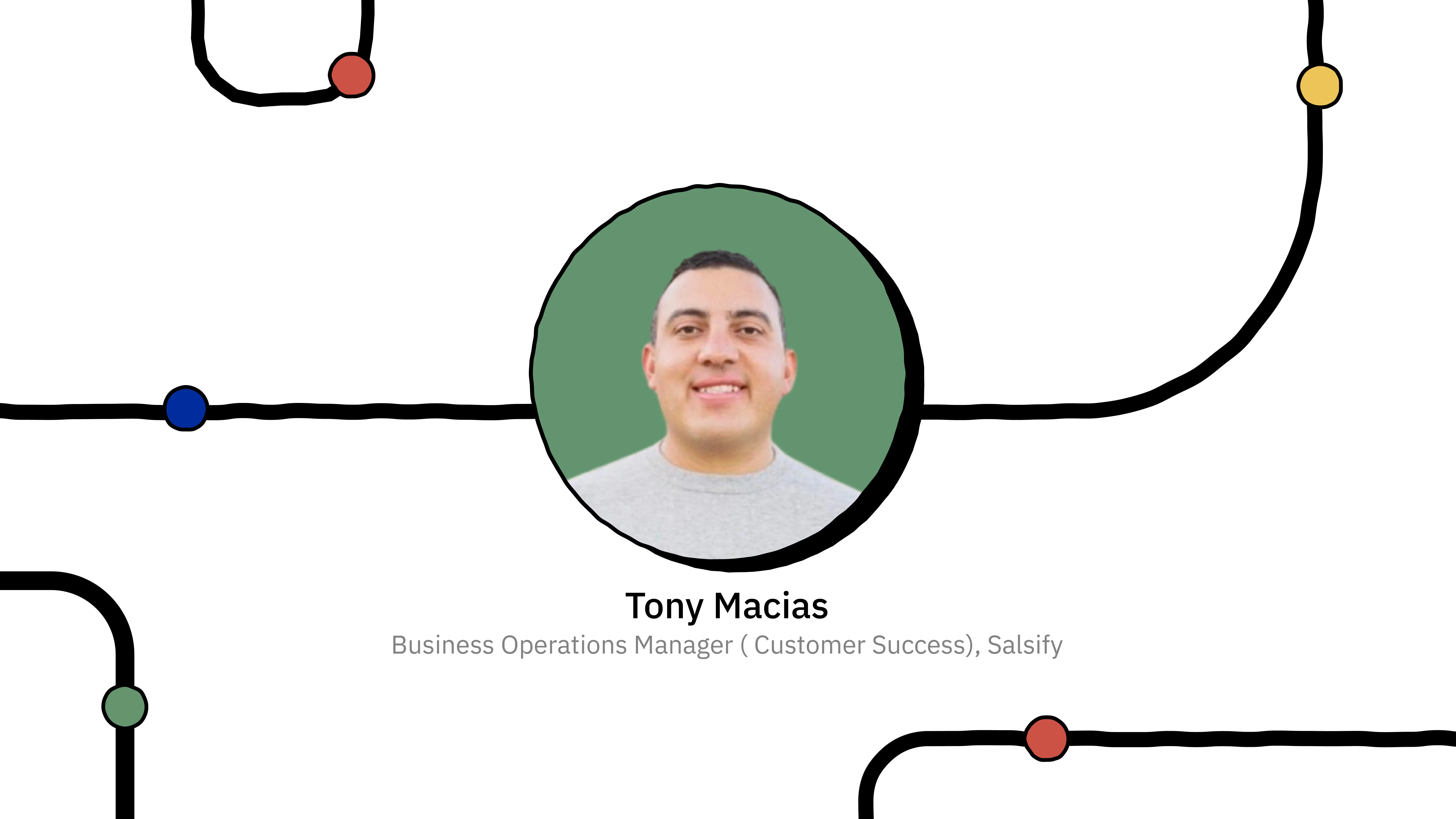






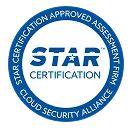
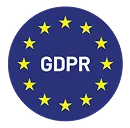










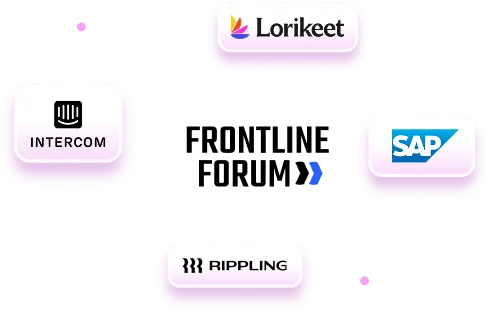
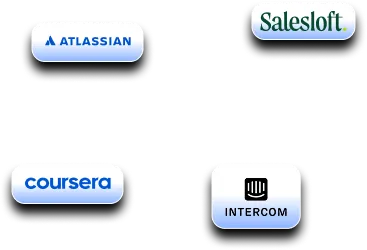
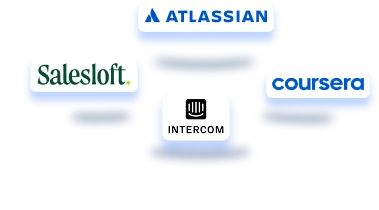

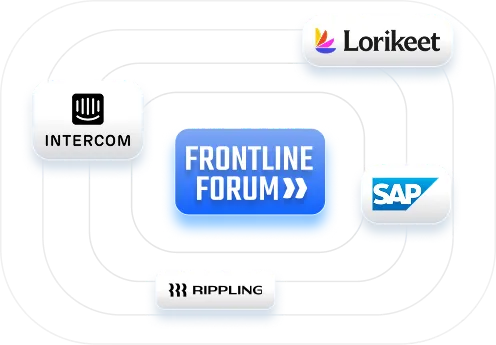
.webp)